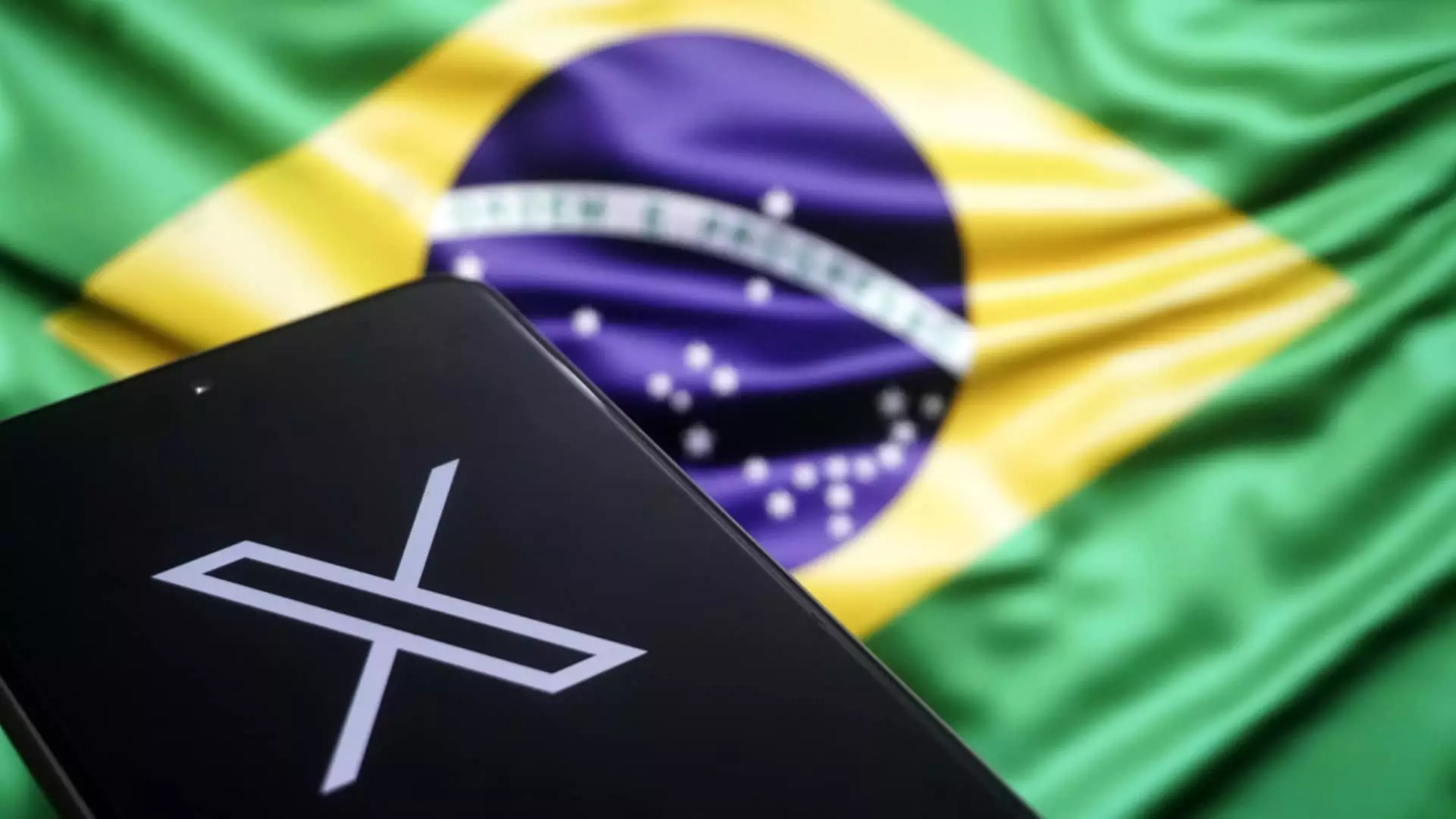After a prolonged legal impasse, Elon Musk’s social media platform, X, has reestablished its operations in Brazil. This development follows months of tension with the Brazilian Federal Supreme Court, particularly involving Justice Alexandre de Moraes. The reinstatement signals a significant shift in the relationship between a major tech platform and local regulatory frameworks. Musk’s X proudly announced its return, emphasizing its commitment to providing millions of Brazilians with access to its social media services, while reaffirming its stance on upholding freedom of speech within legal confines.
X was initially suspended from operations in Brazil on August 31 following Justice de Moraes’s directive. The court mandated the removal of certain user accounts and posts deemed violative of federal regulations intended to curb hate speech and political misinformation. Musk’s firm refusal to comply with these demands reflects his broader, often controversial approach to managing the platform, which includes an aversion to restricting user content. In stark opposition to Brazil’s rigorous digital governance, Musk opted to shutter the Brazilian headquarters and resist appointing a legal representative in the country—actions that ultimately led to mounting pressures from both the judiciary and investors.
Musk’s defiance of Brazilian law drew the ire of the federal government, which has established strict regulations governing social media operations for reasons ranging from safeguarding democratic integrity to preventing rampant misinformation. The Brazilian court laid the groundwork for potential severe repercussions, including freezing X’s business accounts and implementing daily fines. Facing this daunting reality, the company was forced to reconsider its position. News reports indicated strong pressure from investors associated with Musk’s portfolio, urging compliance to avoid further financial and operational repercussions.
Throughout the suspension, competitors such as Bluesky and Threads capitalized on the disruption, rapidly gaining millions of new users who were exploring alternatives to X. This market dynamic illustrates the precarious nature of tech companies operating in regions with stringent laws—where non-compliance can lead to substantial losses in user base and market presence. The rise of these platforms during X’s absence underscores the shifting preferences of Brazilian social media users, who increasingly gravitate towards environments perceived as more compliant with local governance.
With its return authorized by the court, X faces a new reality in Brazil—one that necessitates a careful navigation of local laws and regulations. Musk and his team must tread lightly, balancing their commitment to free speech with the obligations to adhere to federal laws that protect users and promote a safe online environment. The reinstatement of X provides an immediate opportunity to reclaim lost users and investments, but as history shows, challenges in maintaining compliance and responding to regulatory scrutiny are far from over. This incident serves as a crucial case study on the interplay of tech innovation, legal frameworks, and market adaptation, highlighting the importance of responsiveness and engagement in navigating complex global landscapes.

